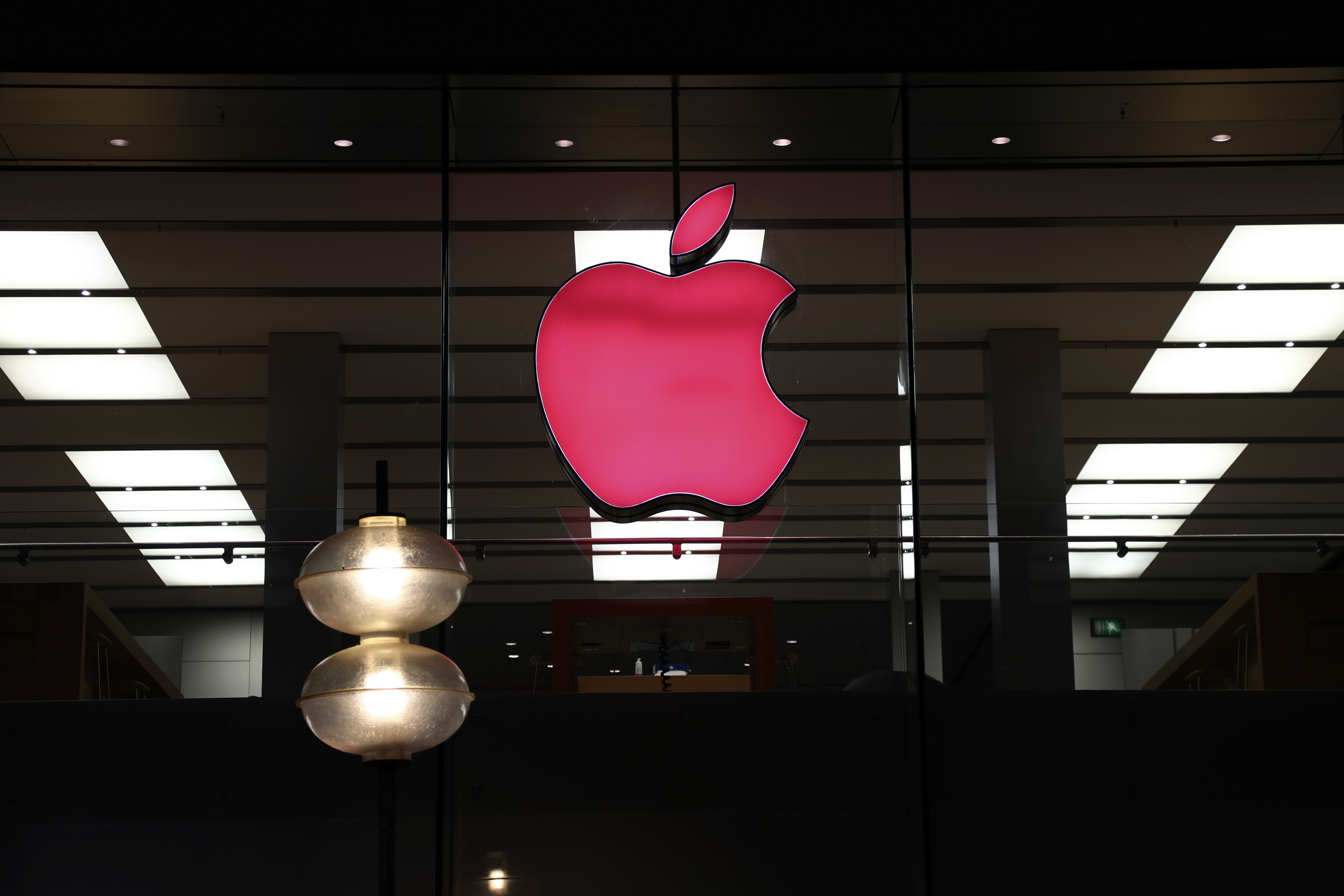which is the bigger danger to Americans: al-Qaeda or a nuclear Iran?
The United States seems on the verge of okaying the biggest arms deal in American history to the country that provided 15 of the 19 9/11 hijackers, much of the critical funding for al Qaeda and was home to Osama bin Laden. This is a sign of something more than just the passage of time or our acceptance of the manifold official statements that there was no linkage between the terrorists and the Saudi government. (After all, such arguments hardly seem necessary as we know that the hijackers were backed both by elements of the Pakistani secret service and the Taliban and these days we seem willing enough to cut deals with them or, the case of "good" Taliban, at least contemplate it.)No, the reason that the U.S. government -- that would not have done a deal like this in the years right after 9/11 -- is willing and even a little eager to move ahead with the deal now is that the War on Terror is being overtaken among top U.S. concerns by the advent of a nuclear Iran....
So while we might describe this new era a "smaller" version of the face-off with the Soviets, a Mideast Cold War or Containment 2.0, it could well be much more complex and present new challenges. In any event, it will certainly be even more dangerous than the "War on Terror" era that it is following and that -- due to the misplaced priorities it provoked from leaders like Blair and Bush -- helped contribute to this new and worrisome period of escalating risks. - David Rothkopf
It's a good point but it's worth raising the question of which is the bigger danger to Americans: al-Qaeda or a nuclear Iran. If we accept the premise that Iran is not going to launch a nuclear attack against the United States (a premise I think is fairly sound), who has the more pronounced tendency to kill American civilians? Clearly al-Qaeda. But al-Qaeda cannot pose a strategic threat to the United States while Iran could, potentially, cause the price of oil to rise.
Expensive oil could seriously impair the U.S. economy, with all the attendant human costs associated with that. But as Rothkopf suggests, containing the threat of a nuclear Iran is going to mean empowering the very regimes and reinforcing the very dynamic (U.S. support for Gulf autocrats) that help propel al-Qaeda into a global menace in the first place.
Alex Massie has a worthwhile take:
More problematically still, this kind of support for the Saudis ensures that different strands of American policy are working at cross-purposes to the point, perhaps, where different American objectives become mutually exclusive. Washington would like a totally transformed middle east; deep down it suspects this isn't possible and, anyway, nothing is so terrifying as instability and change guarantees instability so change is not a Good Thing.Admittedly, the Obama administration has dialled-back on the human rights and liberty agenda that was, at least fitfully, a part of the Bush administration's long-term, optimistic, vision for the wider Middle East. Nevertheless, Washington continues to talk a lot about values (while forgetting that the rest of the world can hear this) and then demonstrates the worth of those values by buttressing and arming disgusting regimes whose repressive policies help produce extremism and, in the end, anti-Americanism.
The US isn't simply meddling in the middle east, it supports the very people it acknowledges (at least sometimes) are a large part of the problem.
Is there a way to break this cycle?











